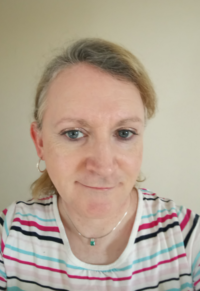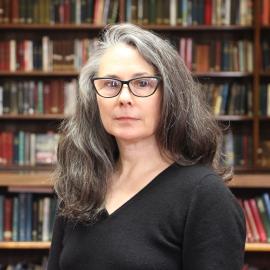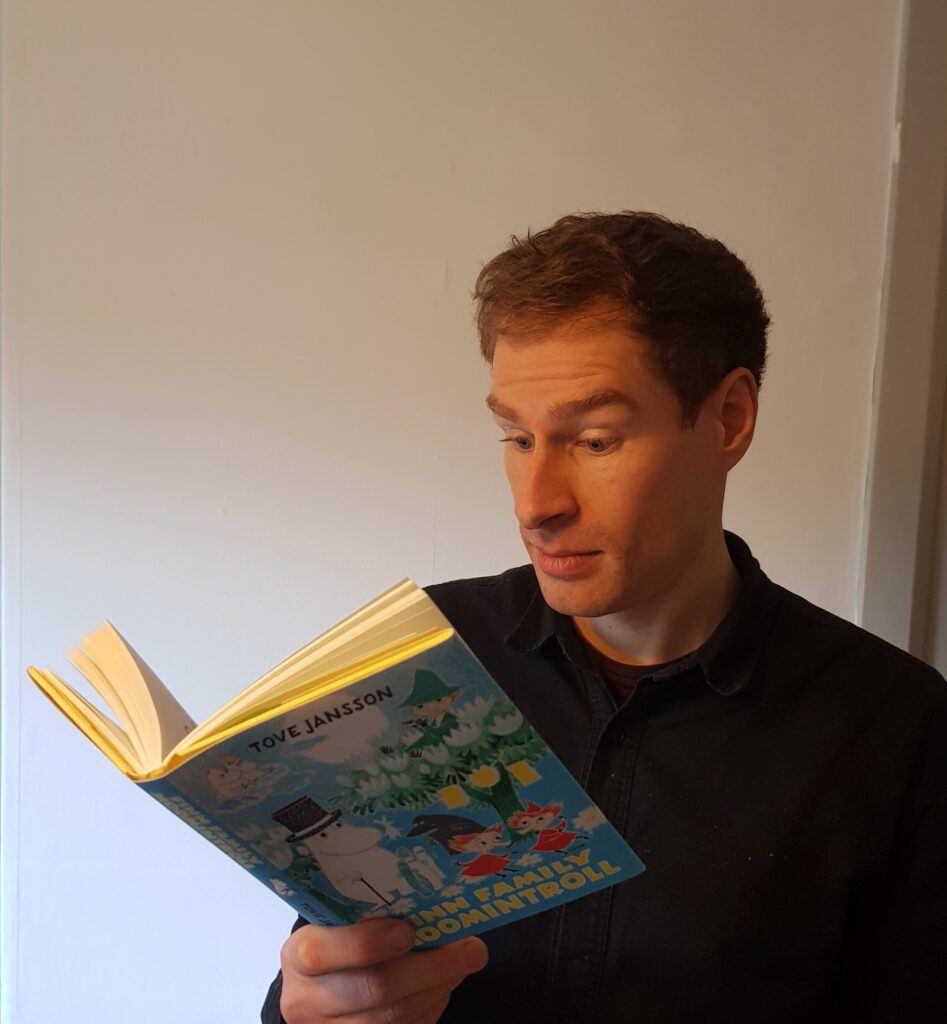
On Wednesday, Jacqui Grainger led a seminar in which she revealed her findings during the RUSI Library redevelopment and her PhD research into the “lost” RUSI Museum.
During the Royal United Services Institute’s building redevelopment, it will gain an extra floor, but its Library is in storage and so closed to members, and when it returns its collections will be one fifth smaller.
As well as packing the Library, a lot of Jacqui’s recent work on extending RUSI’s asset register, which originally was focused on fine art, but now includes a much wider range of materials.
This range was increased recently upon the discovery of a “secret” (previously unknown in recent times) cupboard containing some wax seals, as well as candlesticks and some binding tools.
This isn’t the first sent of items to be “lost” by RUSI. In the 19th century, despite spending its acquisitions budget only on military models for teaching purposes, the Institute received so many donations from across the British Empire that its public museum became a popular attraction in London’s burgeoning tourist market. Objects were listed in its original documentation under the headings Ethnology, Natural Science and Military. It came as no surprise to Jacqui to read that in its sale in the 1860s many of the materials were bought by Augustus Henry Lane Fox, who later changed his name to Pitt Rivers and whose collection was foundational to the Oxford Museum.
Jacqui is investigating the RUSI Museum and its history as part of an AHRC-funded PhD at the University of Westminster. She is currently researching whether the museum’s objects can be seen as “an authorized biography of Empire.” Her results should be significant in terms of the decolonization work that is so important for us to understand our national past and its impact on the wider world and, indeed, Britain’s own citizens.



